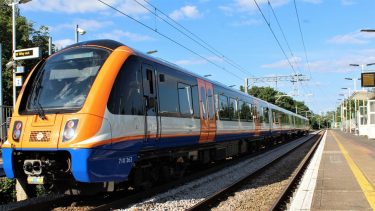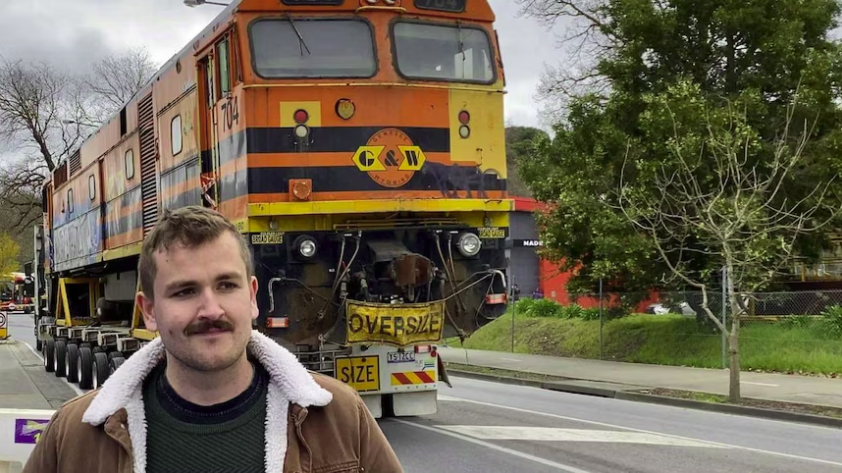Local Dudley train operator, Pre Metro, says it is concerned about the management of costs in the ongoing expansion of the West Midlands Metro (WMM).
The organisation says revelations regarding escalating expenses and project delays on the West Midland Metro extension highlight the need for a thorough reassessment of the current approach.
Pre Metro has said that research indicates that Midland Metro costs are the highest on the planet when compared to similar international schemes. It says that one aspect that must now warrant consideration is the potential of the Stourbridge Dasher as a viable solution for connecting Dudley and Stourbridge.
In response, a Transport for West Midlands spokesperson has said: “Concerns are rightly raised over the relative costs of our ongoing Metro projects however a number of factors are responsible for this and need to be considered, particularly when making international comparisons.”
Pre Metro has said that despite the Stourbridge Shuttle’s proven reliability, operational efficiency, and affordability, proposals for a sister service, the Stourbridge Dasher, have not received adequate attention in discussions about expanding transportation links in the region.
The organisation has said that given the rising costs associated with conventional tramway construction, it seems sensible to explore alternative options such as repurposing existing infrastructure like the Round Oaks dual-track freight line for the Stourbridge Dasher.
Steve Jasper, Operations Director at Pre Metro, said: “Our proposal to utilise the Round Oaks dual-track freight line for the Stourbridge Dasher is based on practical considerations and has support from passengers, local businesses, vehicle manufacturers, and Network Rail colleagues. This collaborative endorsement underscores the feasibility and potential benefits of using existing infrastructure for improved connectivity.
“Using the dual track between Stourbridge and Brierley Hill aligns with principles of efficiency and sustainability, offering a pragmatic approach to addressing transportation needs in the region. By minimising the need for extensive construction work and capitalising on existing assets, we can achieve connectivity between Dudley and Stourbridge more cost-effectively.
“The service could be introduced for a small percentage of the equivalent cost of Midland Metro – the local authorities need to consider this logical solution.”
Phil Evans, Managing Director at Pre Metro, added: “While tramway projects have their merits, we believe that a comprehensive evaluation of alternatives, including the Stourbridge Dasher route, is necessary to ensure responsible stewardship of public funds and the long-term success of transportation initiatives in our community.
“Recent reports are concerning as we have been promoting the affordability of our scheme for many years now. Therefore, we are willing to match any local authority funding into feasibility studies of this project as we truly believe in its transformative and cost-effective potential.”
A Transport for West Midlands spokesperson said: “We are undertaking feasibility studies into five potential mass transit routes, including the Brierley Hill to Stourbridge corridor.
“These will explore a range of high capacity turn-up-and-go public transport options from rapid bus transit services to full tramways. We have invited Pre-Metro for further engagement as these proposals develop.
“Concerns are rightly raised over the relative costs of our ongoing Metro projects however a number of factors are responsible for this and need to be considered, particularly when making international comparisons. These include that transport infrastructure costs in the UK are generally much higher than global averages as a result of construction costs as well as some of the highest standards for health and safety, planning, heritage conservation and construction.
“The majority of our works also take place in busy town and city centres where works not only include the laying of track and overhead lines, but also involve the costs of associated utility diversions, road and pavement works as well as wider improvements to the public realm. At the same time we do look for opportunities to innovate and have, for example, pioneered the use of battery powered trams to avoid the need for overhead lines on key sections in Birmingham city centre.”


